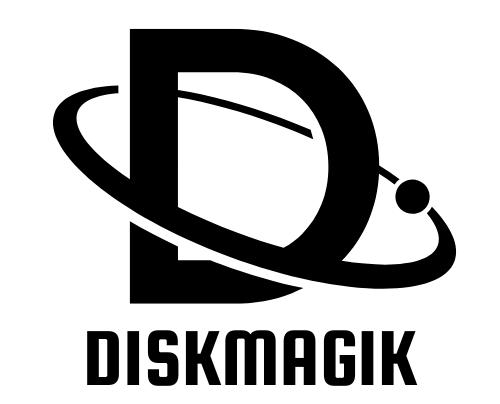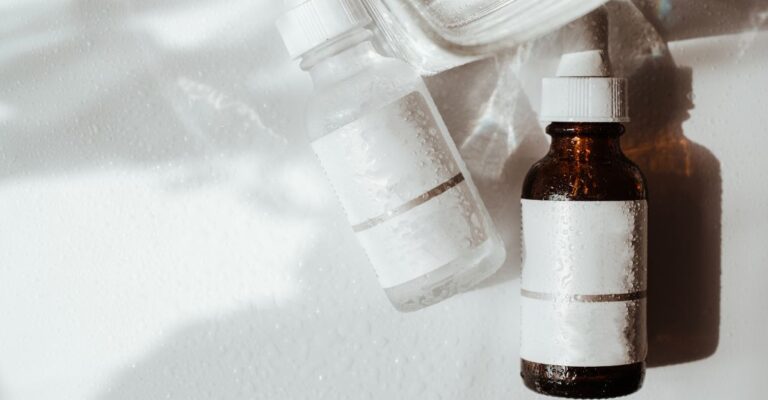How Dirty Water Can Harm Your Home and Health

Water is essential for life, but when contaminated, it becomes a serious threat. Whether from sewage backups, flooding, or plumbing issues, dirty water carries bacteria and toxins that can damage your property and endanger your health. Homeowners facing these problems often need immediate sewage cleanup services to prevent long-term risks. Understanding how dirty water affects your home and health is key to protecting your family and environment.
1. What Makes Dirty Water Dangerous
Not all water damage is equal. While clean water from a broken pipe might only cause structural issues, dirty or “black” water poses significant health hazards. This water contains waste, bacteria, and disease-spreading microorganisms. Sources include overflowing toilets, sewage backups, storm flooding, or broken sewer lines. Such incidents introduce harmful bacteria like E. coli, Salmonella, and Hepatitis A, severely risking your health. Recognizing the difference between clean and contaminated water ensures proper handling and a swift response to prevent further harm.
2. Structural Damage to Your Home
Dirty water doesn’t just cause unpleasant odors—it can damage your home’s structure. Sewage or floodwater can seep into flooring, drywall, or insulation, saturating materials that are hard to clean or repair. This moisture fosters mold growth and can warp or rot wood. Carpets, furniture, and other porous items often need to be discarded due to contamination. Ignoring the damage can lead to costly repairs and unsafe living conditions. Acting quickly is key to protecting your home and minimizing long-term damage.
3. Mold Growth and Air Quality Issues
Moisture from dirty water creates an ideal breeding ground for mold. Within just 24 to 48 hours, mold spores can spread throughout your home, covering walls, ceilings, and furniture. Mold not only damages surfaces but also contaminates indoor air. Breathing in these spores can trigger allergies, asthma, and respiratory infections. Prolonged exposure may lead to chronic health problems, especially for children, seniors, or those with weakened immune systems. Preventing mold growth after sewage exposure requires thorough drying, cleaning, and sanitizing, which professional restoration experts effectively manage.
4. Health Risks of Contaminated Water
Sewage contamination poses significant health risks. Dirty water carries pathogens, viruses, and parasites that cause various illnesses. Direct contact can lead to skin infections or rashes. Ingesting it may cause severe gastrointestinal issues like nausea, diarrhea, and stomach cramps. More serious exposure can result in life-threatening conditions such as leptospirosis or hepatitis. Even when water appears clean after drying, harmful bacteria and toxins can remain, underscoring the critical need for professional decontamination and thorough sanitation.
5. Damage to Electrical Systems and Appliances
Contaminated water can also infiltrate electrical systems and appliances, creating serious fire and safety hazards. Waterlogged wiring, outlets, and circuit boxes can short-circuit or corrode, making them unsafe. Appliances exposed to dirty water, like washing machines or dishwashers, often require replacement to prevent electrical malfunctions. Using damaged electronics risks electrocution or further property damage. Addressing electrical risks promptly keeps your home safe and avoids extra repair costs.
6. Long-Term Financial Impact
Neglecting sewage or dirty water issues carries significant financial risks. As contamination spreads, repair costs surge, and untreated damage can reduce your home’s value. Insurance claims often become complicated if cleanup isn’t handled promptly or properly. Professional sewage cleanup services not only restore your property but also help curb future expenses. Timely cleanup and preventive maintenance ultimately protect your investment. Taking swift, informed action ensures your property remains safe, functional, and valuable.
7. Preventing Future Sewage Problems
Prevention is better than repair. Regularly maintaining your plumbing and drainage systems can significantly reduce the risk of sewage backups. Avoid flushing non-degradable items, grease, or wipes, as they can clog pipes and lead to overflows. Installing backflow prevention devices and routinely inspecting sewer lines are effective ways to safeguard your home. Taking proactive steps ensures your plumbing system stays in good condition, protecting your property and your family’s health while providing peace of mind.
Conclusion
Contaminated water poses a serious threat to your home and health, not merely an inconvenience. Understanding its dangers ensures you can respond quickly and effectively to contamination. For homeowners, professional sewage cleanup in Salt Lake City is crucial to keeping your home safe, clean, and structurally sound. Timely action protects both your property and the well-being of everyone inside.
Also Read: Aspertaan: The Secret Blueprint of Smarter, Greener, and Faster Systems






